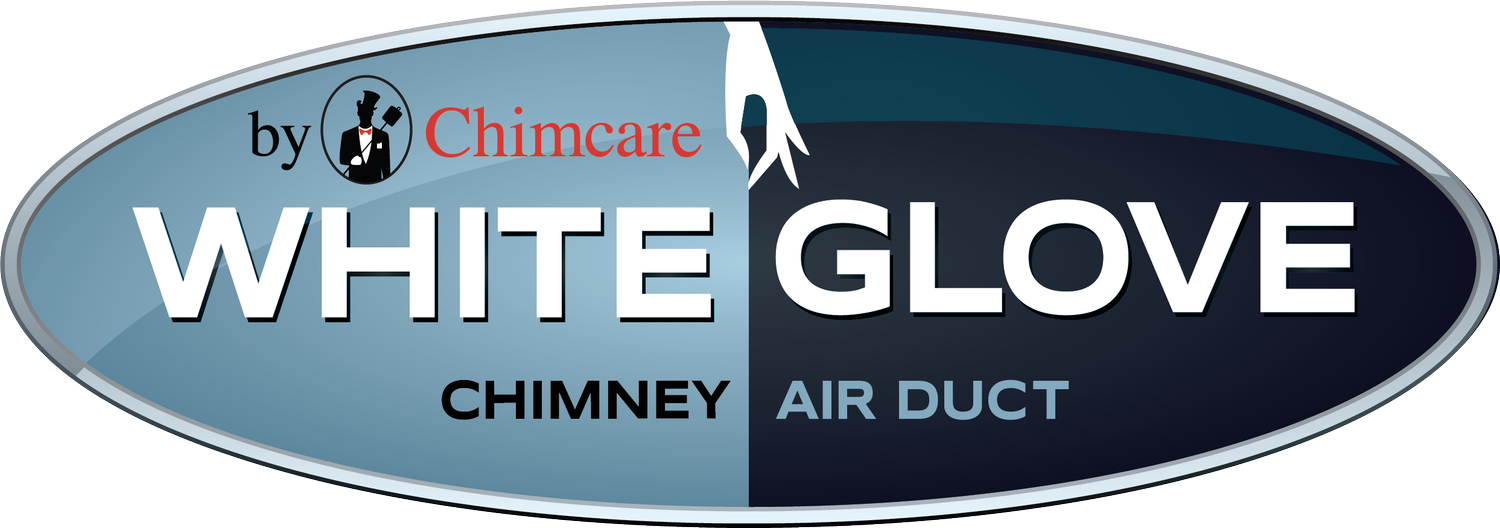All You Need to Know About Level I, II, and III Chimney Inspections
When your home or business depends on a fireplace or stove for heat, you expect it to be both safe and efficient. Oftentimes these things go hand in hand. There are unseen factors that can make your heating systems unsafe, also lowering efficiency. So, when you notice your fireplace or chimney isn’t working as it should, you probably have a problem that you can’t see and should call a professional immediately.
When to Schedule an Inspection
The Chimney Safety Institute of America (CSIA) recommends regular chimney sweeps and annual chimney inspections. Problems with a chimney often go unseen because homeowners just don’t know what to look for, so the annual inspection is extremely important.
Some other reasons to schedule an inspection are:
LEVEL ONE—If you’ve made no changes to your heating system and had no problems through the year, you need only schedule your annual level 1 inspection. During a level 1 inspection, the inspector will examine the chimney and flue for blockages and overall condition. They will also inspect all accessible areas of the appliance connector.
LEVEL TWO—When you make a change to your heating system such as changing the type of fuel you're burning, relining your flue, or replacing or adding an appliance you need to schedule a level 2 chimney inspection. Also, if the property has been sold or transferred, or if the home has experienced a building fire, chimney fire, earthquake, or catastrophic storm you need to schedule a level 2 chimney inspection. The level 2 chimney inspection includes the areas covered in a level 1 inspection in addition to a more thorough assessment of the accessible areas of the chimney structure. Video documentation allows assessment of chimney flues in a level 2 inspection.
LEVEL THREE—In addition to all the checkpoints of a level 2 inspection, a level 3 inspection includes a more thorough evaluation. When an inspection indicates a problem, special tools are needed, or if the chimney sweep needs access to concealed areas, you need a level 3 inspection. For a level 3 inspection, the investigator will need access to all areas of chimney parts and structure, even if they are concealed.
Why a Professional?
At White Glove our Certified Chimney Sweeps are experienced in installations, inspections, cleanings, repairs, and more. White Glove specializes in real estate sales and insurance inspections and provides reports and legal documentation needed to protect your interests. Our inspectors use a camera scan to view your chimney flue from top to bottom, and they are experienced as professional Fire Investigator Consultants in hearth-related fires and can serve as Expert Witness Testimony in those cases. Our technicians are familiar with code regulations in our service area, as well as the National Fire Protection Association (NFPA) standard for chimneys, fireplaces, vents, and solid fuel-burning appliances (Code 211). Safety is our top priority.
Call White Glove and schedule your chimney inspection with one of our expert technicians today!
